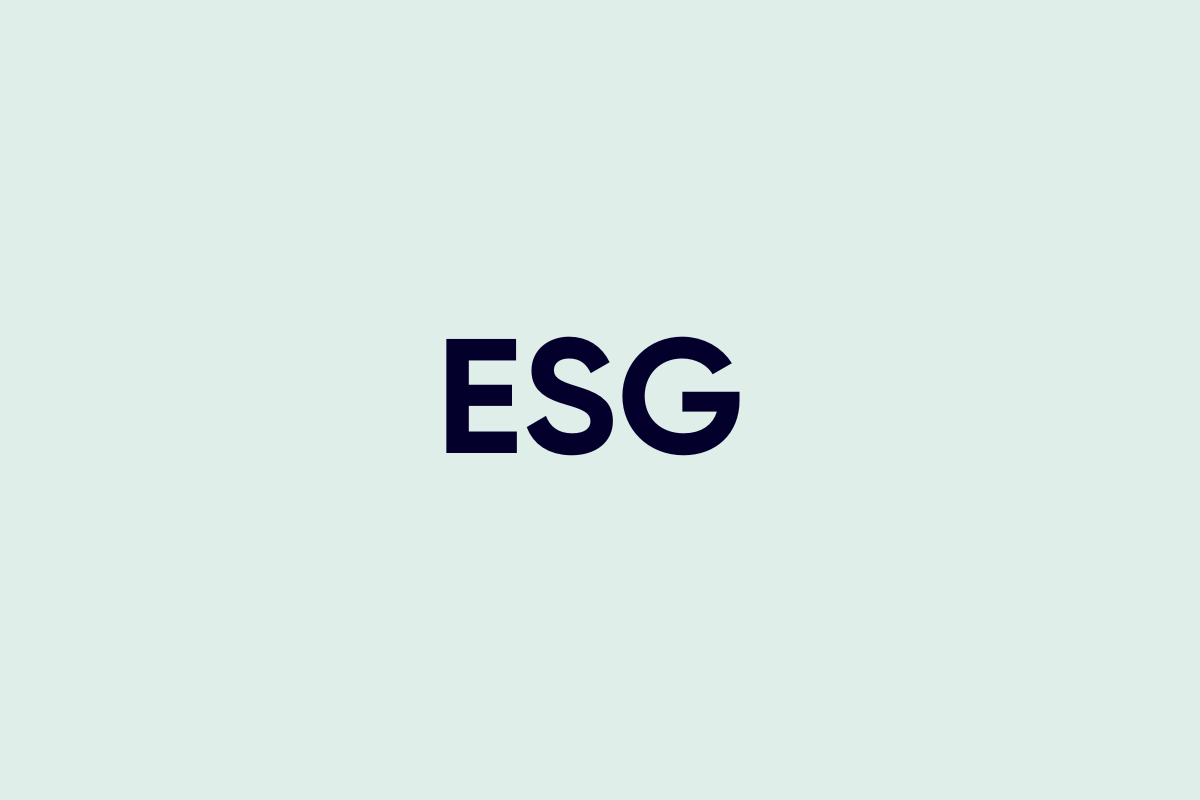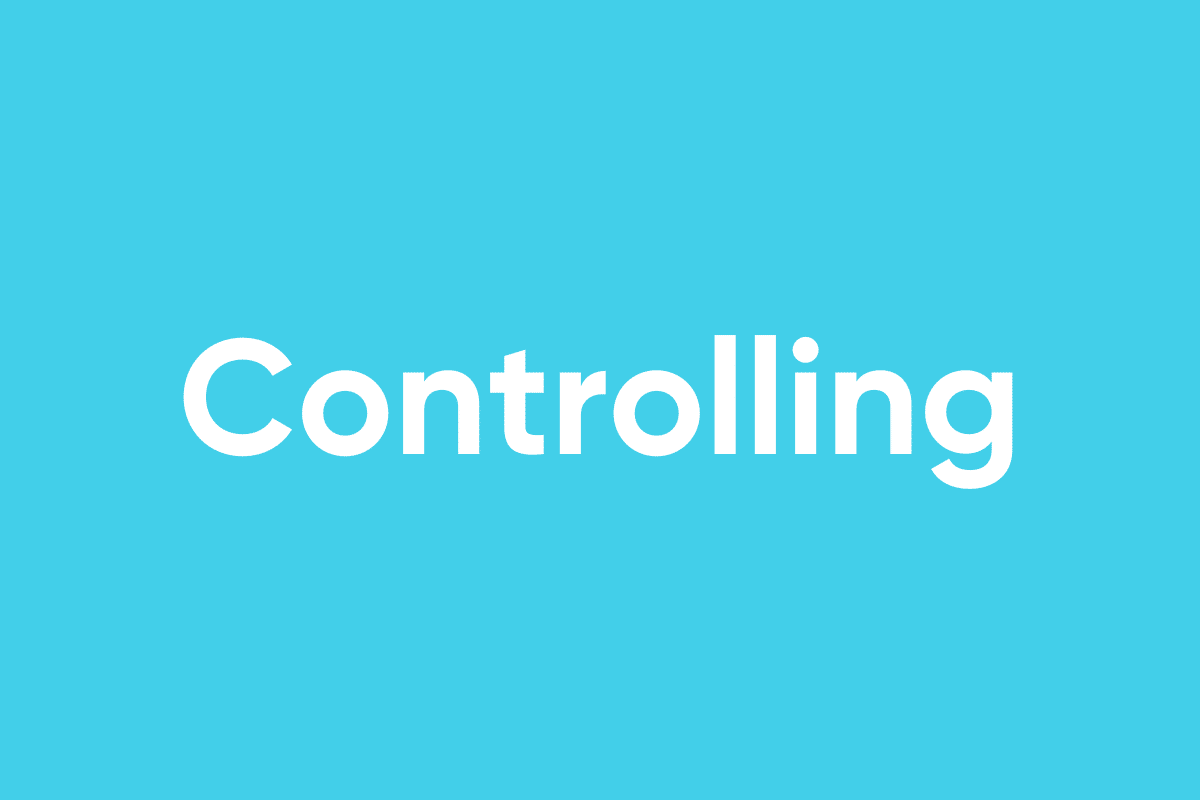Making a Positive Impact is one of the core values of FLEX Capital. We are dedicated to promoting sustainability, both within our organization and in collaboration with our portfolio companies. Peter Waleczek sheds light on why we are establishing ESG standards and the role they play in our everyday business.
FLEX Capital is indeed a young investor, but decisions regarding our portfolio companies already impact several hundred employees. As a result, we hold a responsibility that we aim to fulfill through ESG standards. This is an ethical decision for us.
ESG offers a dual economic benefit
Simultaneously, ESG standards also enhance performance, both directly and indirectly, as indicated by numerous studies across various aspects.
An example of a direct benefit is team diversity. It has been proven that diverse teams deliver better performance. By promoting diversity through frameworks and rules, it’s not only ethically commendable but also economically advantageous for a company.
An indirect effect is, for example, that companies committed to ESG standards are more successful in their recruiting efforts. This is because an increasing number of talents are looking for meaningful work rather than just a job. By actively managing ESG factors, companies create environments that are attractive to top talents.
ESG guidelines are already widely adopted and publicly communicated within the investor community. In addition to our intrinsic belief in the importance of ESG and its positive impact, it was natural for us to actively engage with this topic.
How we implemented ESG at FLEX Capital
How ESG works optimally – there is no universal formula for that. It needs to align with the company’s characteristics. Many publicly available resources pertain to industrial companies and couldn’t be directly applied to FLEX. As an investment fund, for instance, we have a much smaller carbon footprint but a greater social impact. Our ESG initiatives focus on entirely different areas.
We conducted research and looked into other companies: How are they positioning themselves? How do they approach the topic? Conversations with fellow investors also aided us in defining our own path and deciding which measures to adopt and what to approach differently. We are still in the process of refining our ESG approach, both internally and for our portfolio companies.
ESG reporting is an integral part of our collaboration with portfolio companies
ESG evolves in parallel with the lifecycle of our fund. In the initial stages, it was crucial for us to establish clear criteria for selecting the companies we want to invest in. We directly excluded certain industries like gambling or the arms industry, while there were gray areas in other sectors. For these cases, we set criteria to determine whether we would proceed with the investment or not.
In the second step, we integrated ESG into the analysis of potential portfolio companies. Alongside standard due diligence, we conduct an ESG due diligence as well.
In the third step, we are currently in the process of embedding the ESG mindset in our contracts. Without ESG alignment, there will be no investment opportunity with us.
What does this look like? In one of our recent deals, for instance, we integrated a clause into the managing director contracts that provides a higher budget for vehicles with a better environmental footprint. If a managing director is a car enthusiast, they still have the freedom to choose, but this is our way of subtly influencing the decision.
We are currently working with our portfolio companies to develop measures for various categories and set goals so that these can be included in the reporting as well.
Internal ESG mindset
In parallel, ESG is also part of our internal organization. We have made significant progress in this aspect. We have defined goals and developed plans for many areas, and we are currently in the implementation phase. Our focus now is to make our results measurable, continuously improve them, and integrate ESG into all aspects of our operations.
The deeper we delve into the topic, the more we realize what is not working well or where improvements could be made. An example of this is the environment. While we are already a carbon-neutral company today, our goal for the future is to become carbon-negative by actively investing in projects that have a positive impact on the climate. We aim to reduce waste production and minimize energy consumption even further.
Even in the social sector, we don’t want to settle for the status quo. We could say that in the tech field, there are simply more applications from white men, and therefore, it’s not possible to create diverse teams. However, that’s not our stance: We believe that we just haven’t found the right methods yet to reach out to other talents.
We go one level deeper
Sustainability holds a significant place at FLEX Capital, and we are already heavily involved in the ESG (Environmental, Social, and Governance) field. However, in the future, we aim to delve even deeper and assess how we can enhance our impact.
These conversations with company owners are not always easy, particularly since certain measures initially incur additional costs. Yet, we are convinced that this commitment pays off from a business standpoint. Regardless of the increasing societal pressure on the private sector to operate sustainably, ESG will naturally become an integral part of corporate organization in the future. At FLEX Capital, we actively drive the ESG agenda because we are accustomed to anticipating developments and recognizing opportunities – both in investments and in the realm of sustainability.











